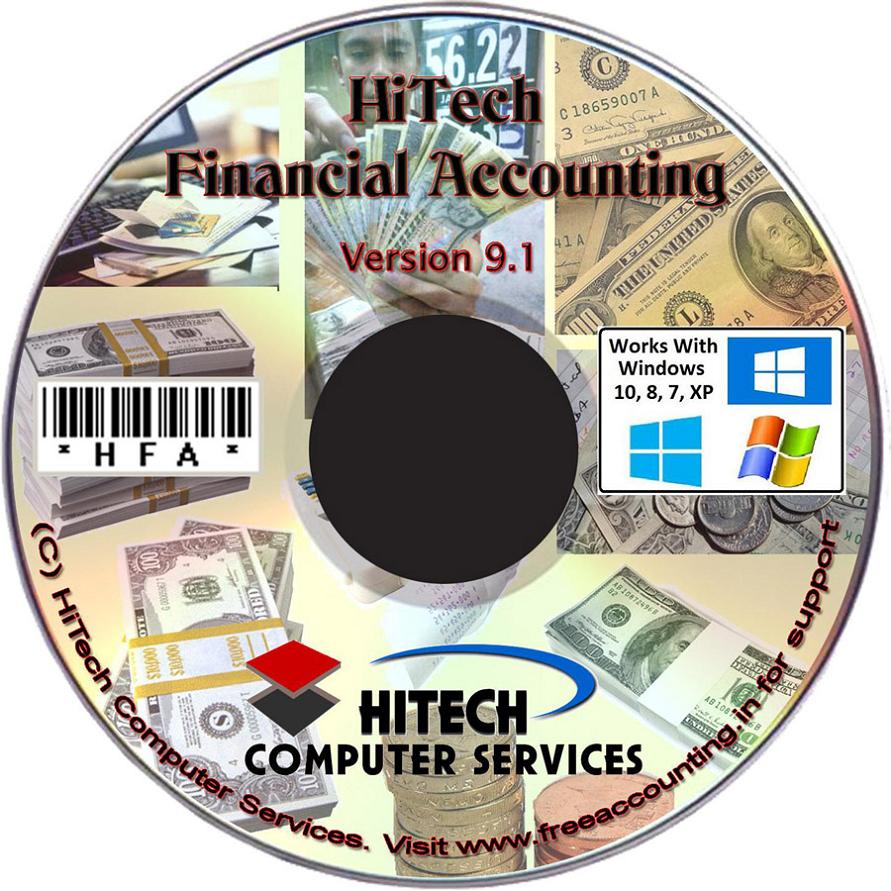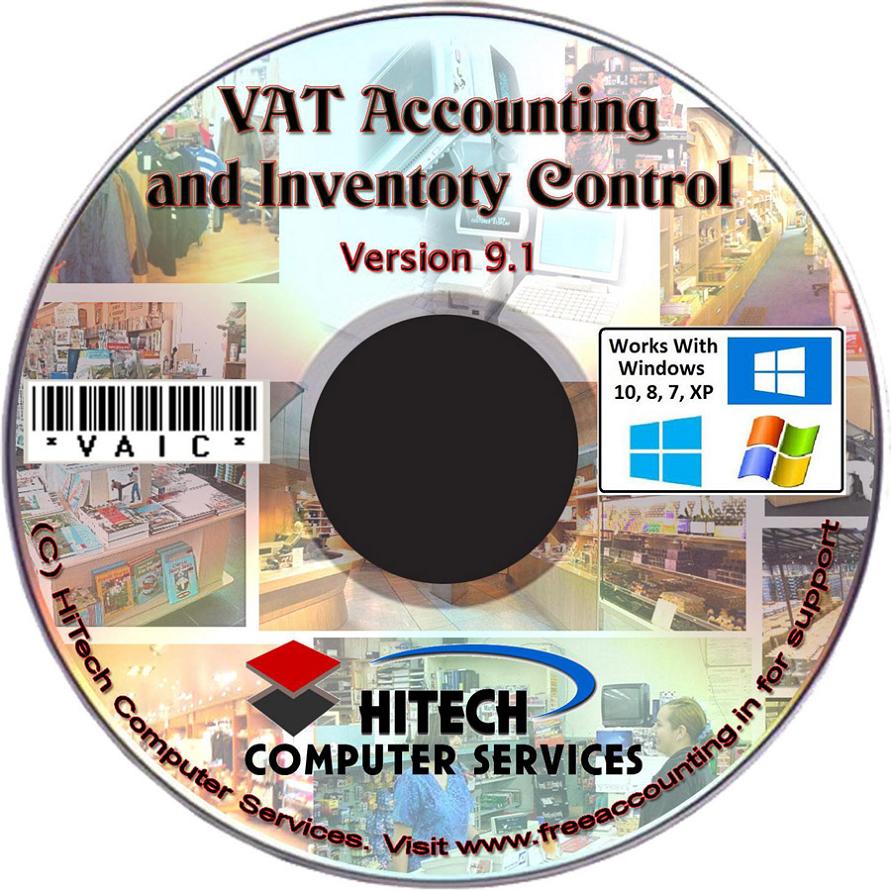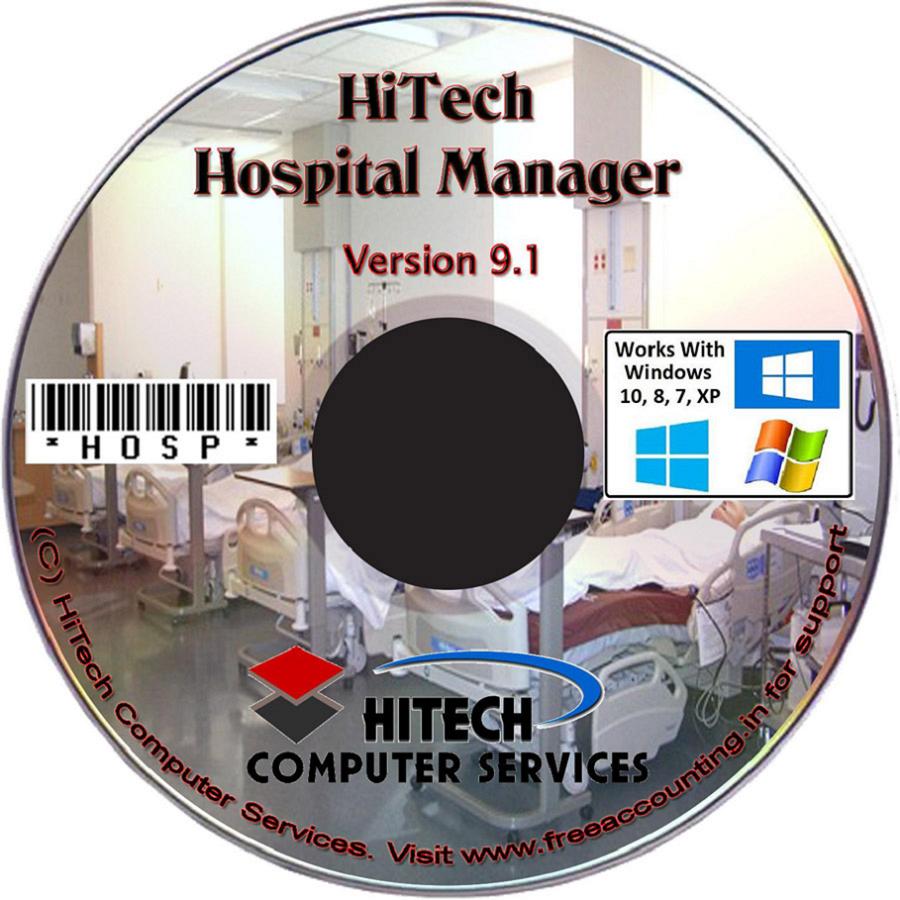Balance Sheet and Profit and Loss Account
In this webs primer we will also
discuss:
While introducing the subject of
accounting to the readers (In Chapter I) it was stated that one of the main
objectives of financial accounting is to provide information about the profits
earned or loss suffered by the business during a particular period.
Previously while discussing the basic
accounting equation it was noted that A - L = P, where A represents assets
(property and possession) owned by the business; L represents liabilities
(claims against the business of the creditors) and P represents the proprietor's
funds (equity) in the business.,
Accounting Concept of Income
The concept of 'income' is different to
the economists and accountants. Economists concept of income is that of 'real
income' meaning thereby the increase-in real terms of the ownership funds
between two points of time.
In accounting the term income is known as
'net profit'. It was stated earlier :
Sales - Merchandising cost = Gross profit
and Gross profit - Expenses of doing business = Net profit
In other words, Revenue - Expenses = Net
profit.
These terms are explained below:
Revenue
It is the monetary value of the products
sold or services rendered to the customers during the period. It results from
sales services and source like interest, dividend and commission etc. For
example, sales affected by the business and charge made for services rendered by
the business constitutes revenue. However, all cash receipt may nott be
revenue.
Thus, money borrowed leads to cash receipt
but it does not constitute revenue. Similarly additional capital brought in
increases proprietor's funds but it is not revenue.
Expenses/Cost of (doing business)
Expenditure incurred by the business to
earn revenue is termed as expense or cost of doing business. Examples of
expenses are raw materials consumed, salaries, rent, depreciation, advertisement
etc.
Cash v/s Accrual Basis of Accounting
Small business, individual professionals
and non-trading concerns usually adopt cash basis of accounting. Under this
system, incomes are considered to have been earned only when received ill cash
and expenses are considered to have been incurred only actually paid. Hence,
under this system the profit or loss of an accounting period is the difference
between incomes received and the expenses paid. Though the cash basis of
accounting is simple (no adjustment is required) but il loses its comparability.
Under accrual basis all incomes are
credited to the period in which earned irrespective of the fact whether received
or not. Similarly, all expenses are debited to the period in which incurred
irrespective of the fact whether paid or not. It is a scientific basis of
accounting, though a bit difficult.
Matching Concept. Requires that expenses
should be matched to the revenues of the appropriate accounting period. So we
must determine what are the revenues earned during a particular accounting
period and the expenses incurred to earn these revenues.
It is the matching concept which justifies
accrual basis of accounting.
Accruals and Deferrals
Accounting is expected to measure or
ascertain the net income of the business during the accounting period. Normally,
it is the calendar year (1st January to 31st December) but in other cases it may
be Financial year (Ist April to 31st March) or any other period according to the
convention of the business community of the area.
The combined impact of matching concept
and the accounting period concept on accounting has resulted in accruals and
deferrals.
Accrued or Outstanding expenses
It is the term which denotes that
expenditure has been incurred during the accounting period but the same has not
been paid in cash e.g. Salary, Rent, Wage etc. becoming due but not paid.
Deferred or pre-paid expenses
It is the term which denotes that payment
in cash has been made "in advance but the full benefit of this payment has not
been reaped by the current accounting period, e.g., Insurance paid in advance.
Accrued or outstanding Income
It is the term which denotes that the
income has been earned but the cash has not been received against the same.
Income has accrued due but not received e.g. Interest on investments etc.
Differed or Received in-advance Income
It is the term which denotes income which
has been received (in cash) in advance but it has not been earned so far e.g.
rent received in advance. All the accruals and deferrals arc not be adjusted at
the end of the accounting period (end-period adjustments) in order to find out
the income of the business during the period under review. The procedure of
ascertaining (i) business income and (ii) financial position is being described,
in detail below:
In fact, these arc two most important of
many objectives of book-keeping. In order to know the profits earned by him he
prepares a trading and loss account and in order to know the financial position
of his business on the last day of the financial period he prepares a balance
sheet.
Such accounts are called 'Final Accounts'.
Preparation of final accounts is the concluding step of accounting cycle. In
fact, final accounts include a number of accounts (i) Manufacturing/ Production
account, (ii) Trading account, (iii) Profit and loss account and (iv) Balance
sheet.
Practically balance sheet is a statement
but for accounting purposes here it is treated as a part vital accounts.
The preparation of above all or any of the
above accounts depends upon the nature of the business being carried on by the
business concerned. In case of a manufacturing business manufacturing account,
trading account, profit and loss account and balance sheet form the parts of
final accounts whereas in case of trading business all other accounts are
prepared with the exception of manufacturing account. Each of these accounts
provide a specific vital information to businessman to help to control and
organize the business activities in a batter way.
| 




 VAT Ready
VAT Ready






















